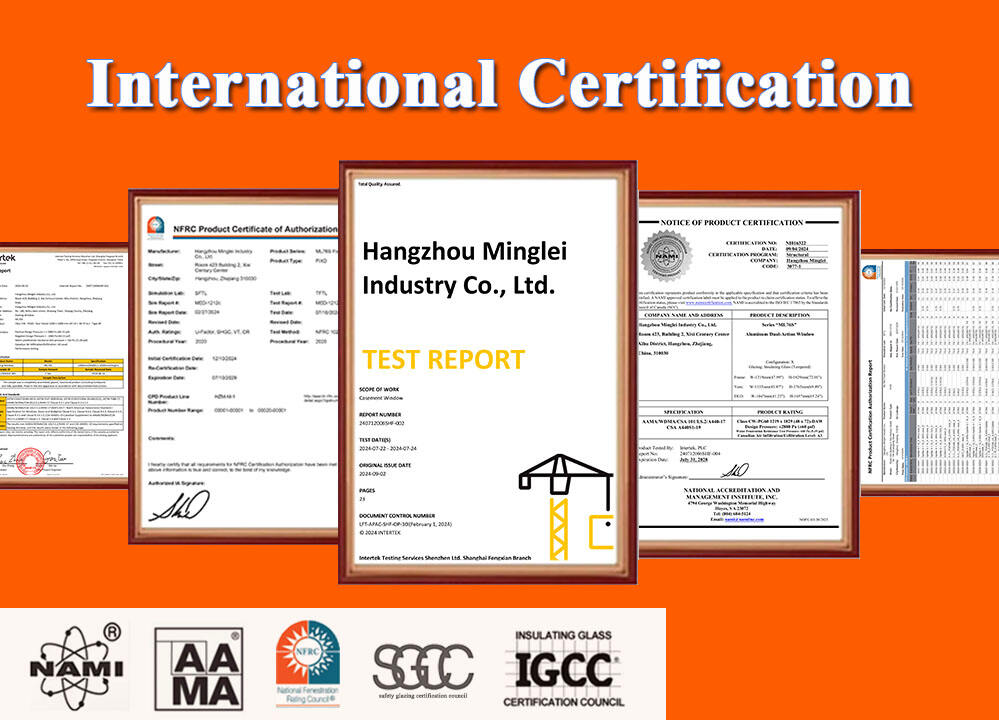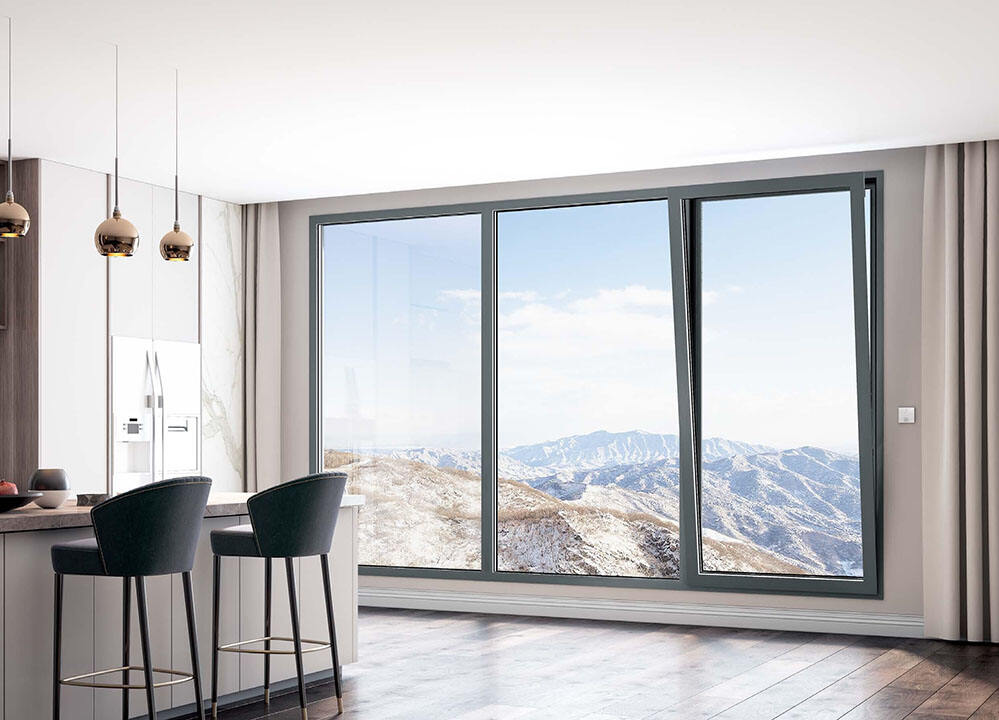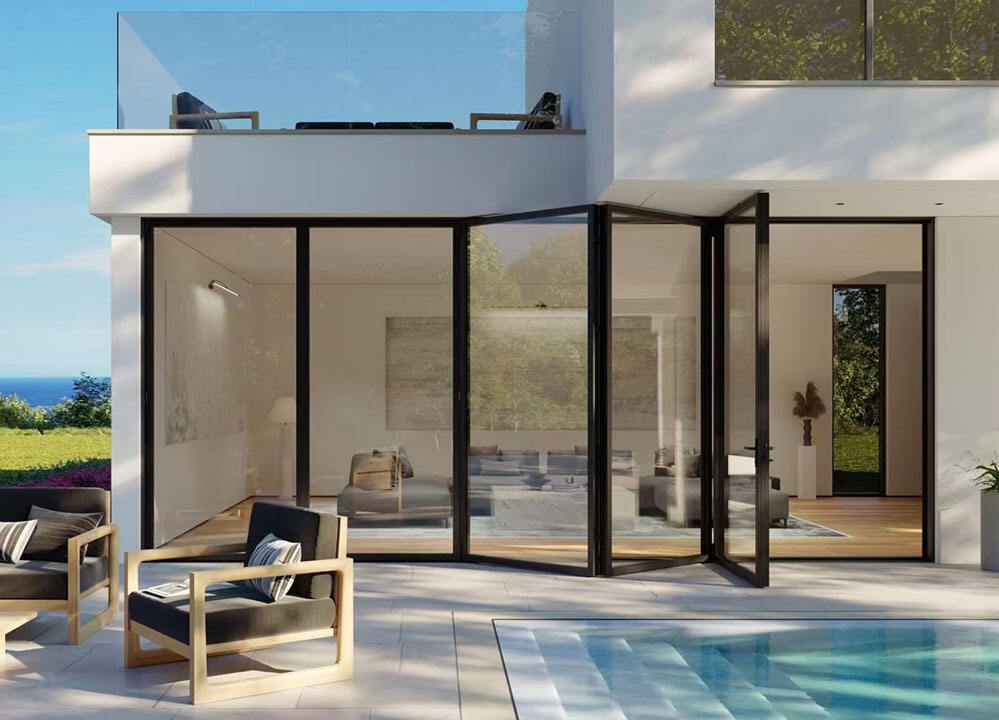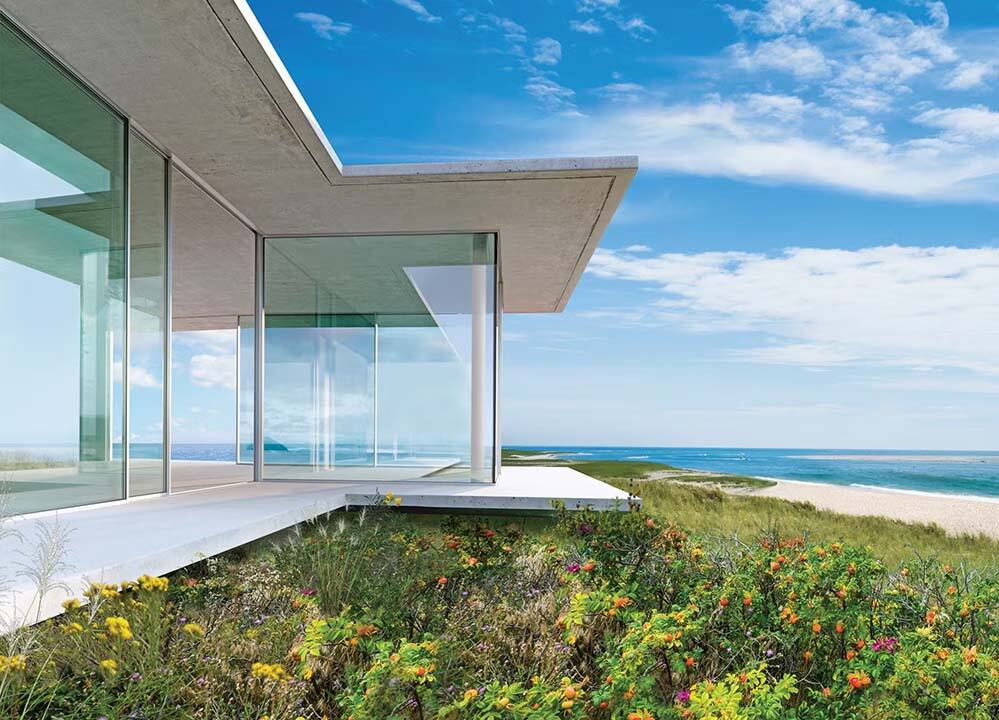Cosa Sai sulle Finestre a Ghigliottina?
Le finestre a sportello sono un tipo comune di finestra caratterizzato da una telaio che si apre orizzontalmente verso l'interno o verso l'esterno. Questo design consente una migliore ventilazione e permette un facile controllo di quanto la finestra si apre. Le finestre a sportello di solito consistono in un telaio e una telaio, che può essere singola o doppia, aprendosi verso l'interno o verso l'esterno secondo necessità. Sono adatte a una vasta gamma di stili architettonici e possono fornire una buona isolazione acustica e termica.
Vantaggi di risparmio energetico delle finestre a sportello
- Le finestre a sportello di solito hanno una migliore prestazione di sigillatura, che può prevenire efficacemente la pioggia e la polvere, mentre fornisce isolamento termico e conservazione del calore, il che aiuta a risparmiare energia e ridurre il consumo di energia. .
- L'uso di metodi di bloccaggio multipunto e di strisce di gomma sigillanti di alta qualità migliora ulteriormente le prestazioni di sigillatura e isolamento termico delle finestre a sportello.
- L'uso di vetro isolante doppio o vetro a bassa emissività (low-e) può migliorare significativamente le prestazioni di isolamento termico del soggiorno e ridurre il consumo di energia per l'aria condizionata, il riscaldamento e altri apparecchi.

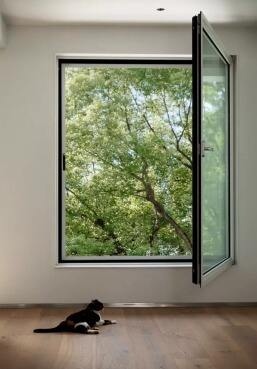
Quando si tratta di scegliere una finestra a ghigliottina che meglio si adatti alle tue esigenze, prendi in considerazione i seguenti punti :
Materiale della cornice della finestra: le cornici delle finestre a ghigliottina possono essere realizzate in vari materiali, inclusi alluminio, plastica, legno o PVC. Ogni materiale ha le sue caratteristiche uniche, ad esempio, l'alluminio offre alta resistenza e durabilità, mentre il legno offre un aspetto più tradizionale e buone proprietà di isolamento termico.
 |
 |
 |
| Finestra in legno | Finestra in Alluminio | Finestra in vinile |
Tipo di vetro: Scegliere il tipo di vetro giusto è fondamentale per ottenere l'isolamento termico e acustico desiderato. Vetro isolante doppio o triplo, vetro low-e o vetro temprato sono tutte scelte comuni.
Stile di apertura: Le finestre a sportello possono aprirsi verso l'interno o verso l'esterno, e stili di apertura speciali come a soffietto verso l'interno o verso l'esterno sono disponibili. Considera se il metodo di apertura è adatto al tuo ambiente di vita e alle esigenze di sicurezza.
Ferramenta: L'hardware di alta qualità è fondamentale per garantire che le tue finestre siano ermetiche, durature e facili da usare. Scegli cardini, maniglie e serrature che siano resistenti e funzionino in modo fluido.
Prestazioni di sigillatura: Un buon sigillo impedisce l'infiltrazione di aria e umidità e migliora l'efficienza energetica. Controlla le finestre per verificare la presenza di buoni sigilli e sistemi di blocco multipunto.
isolamento: Scegli finestre con un'ottima isolazione per minimizzare lo scambio di calore tra interno ed esterno e ridurre il consumo di energia per riscaldamento e raffreddamento.


Estetica: L'aspetto delle tue finestre dovrebbe corrispondere allo stile della tua casa e alle tue preferenze personali. Considera il colore del telaio della finestra, la trasparenza del vetro e il design complessivo.
Sicurezza: Soprattutto per gli edifici alti, è importante scegliere finestre con un progetto anticaso. Considera dispositivi o griglie di sicurezza che limitano l'angolo di apertura.
Manutenzione e Pulizia: Scegli finestre facili da mantenere e pulire, soprattutto per quelle superfici vetrate esterne difficili da raggiungere.
Marche e produttori: Scegli marche e produttori di buona reputazione per garantire la qualità del prodotto e il servizio dopo vendita.
Bilancio: Determina quanto sei disposto a investire nelle tue finestre e cerca le migliori opzioni all'interno di quel range.
Installazione: L'installazione professionale è fondamentale per le prestazioni delle tue finestre. Assicurati che il fornitore che scelgi offra servizi di installazione professionale o che tu possa trovare una squadra di installazione affidabile.
 EN
EN
 AR
AR
 CS
CS
 DA
DA
 NL
NL
 FI
FI
 FR
FR
 DE
DE
 EL
EL
 HI
HI
 IT
IT
 JA
JA
 KO
KO
 PL
PL
 PT
PT
 RU
RU
 ES
ES
 SV
SV
 IW
IW
 ID
ID
 LV
LV
 LT
LT
 SR
SR
 SK
SK
 SL
SL
 UK
UK
 VI
VI
 ET
ET
 HU
HU
 MT
MT
 TH
TH
 TR
TR
 FA
FA
 MS
MS
 GA
GA
 HY
HY
 UR
UR
 BN
BN
 GU
GU
 TA
TA



